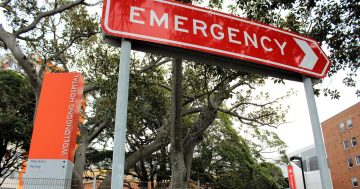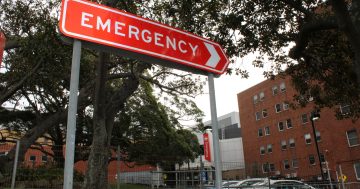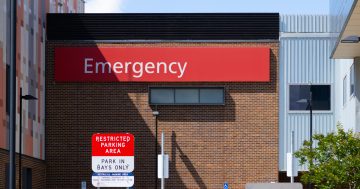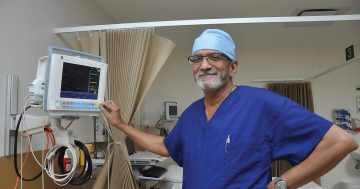 The latest Victorian health service and ambulance performance data reveal that front-line workers continue to provide timely care for patients despite extra pressures from the COVID-19 pandemic.
The latest Victorian health service and ambulance performance data reveal that front-line workers continue to provide timely care for patients despite extra pressures from the COVID-19 pandemic.
Minister for Health and Ambulance Services, Martin Foley said the September quarter performance data showed patients continued to receive quality treatment and support.
“ The latest Victorian health service and ambulance performance data show doctors and nurses in our emergency departments treated 100 per cent of the most urgent Category One patients immediately on arrival at the hospital,” Mr Foley said.
“It also shows that even though most Category Two and all Category Three elective surgery was cancelled as hospitals dealt with the pandemic, 99.99 per cent Category One urgent elective surgery patients received their operations within the target 30 days – half of them within 10 days,” he said.
Mr Foley said Ambulance Victoria reached 82.3 per cent of Code One urgent cases within the benchmark of 15 minutes, with an average response time of 11 minutes 37 seconds
“This is an improvement on 81.6 per cent in the June quarter, when ambulances reached Code One cases in an average 11 minutes and 47 seconds,” he said.
“The report also shows 362,833 people attended our hospital EDs in the September quarter, down by 116,297 on the same quarter in 2019.”
The Minister said COVID-19 restrictions led to fewer vehicles on the road with fewer crashes, restrictions on sport led to fewer injuries, and enhanced physical distancing and hand hygiene protocols led to fewer illnesses.
“There was also a decline in patients presenting with minor ailments as they heeded the message to stay at home,” Mr Foley said.
“High vaccination levels and diligent observance of physical distancing and hand hygiene protocols led to a vastly reduced flu season in 2020 compared with the unprecedented 2019 winter, which put huge strain on our hospitals.”
He said there were 4,769 laboratory-confirmed cases of the flu this year, compared to over 65,000 for the same period last year.
Mr Foley said 66,242 people were on the list for elective surgery, following the pause of less-urgent surgery during the pandemic, and an elective surgery blitz would begin as soon as it was safe to do so.










